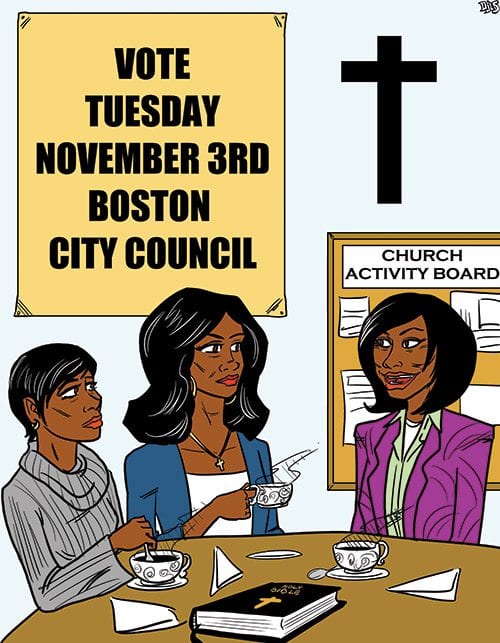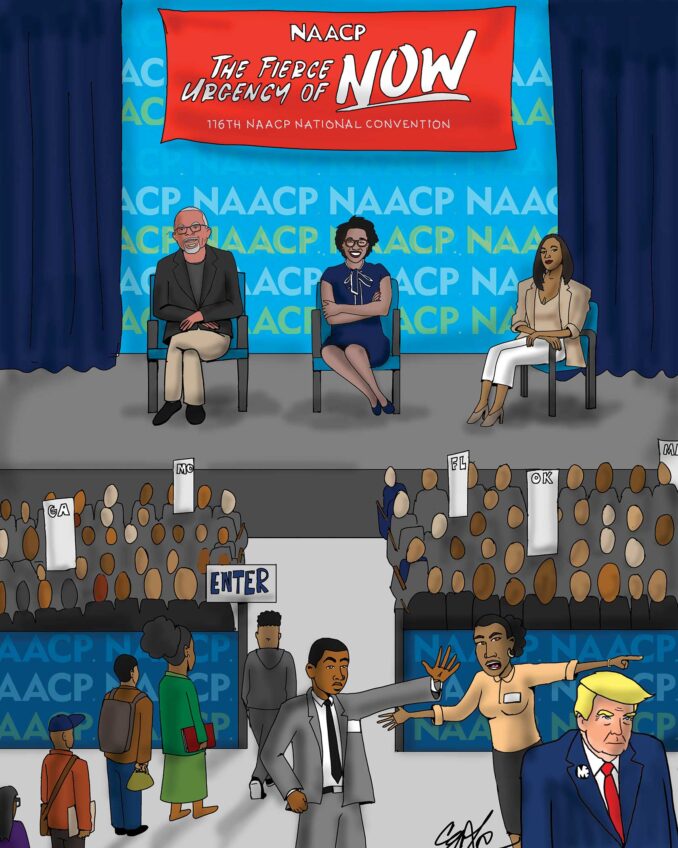
African Americans have developed a wonderfully democratic attitude over the years. A candidate for public office will not benefit substantially from the achievements of his or her family. Similarly the alleged misconduct of family members will not be an impediment. For example, Andrea Campbell, candidate for Boston City Council from District 4, has a pristine record and voters should evaluate her without any consideration of the possible misdeeds of family members.
Professional and business achievements are usually considered when assessing an individual’s status. However, decades ago this approach failed with African Americans. Racial discrimination foreclosed advancement opportunities. It was not unusual to see black lawyers working as postal clerks, Ivy League alumni becoming red caps or Pullman porters, and the practice of medical doctors being restricted because they were denied access to hospitals.
The reaction of the black community was to rely on an even higher standard. People were judged as Martin Luther King, Jr. proposed in his “I have a dream” speech by the “content of their character.” This produced an extraordinary result. Individuals could attain success in the community without the enhancement of a veneer of academic achievement. A prime example is Melnea Cass, who became the most politically powerful woman in the community although the difficulties of her life forced her to work in service.
We also learned from the Civil Rights Movement that a criminal record could sometimes be a badge of honor. And there are also others who have been driven by the despair of racial oppression to a life of crime. This is an old American pattern of reaction to discrimination against minorities and immigrant groups. Everyone should view such situations from the same perspective as Pope Francis, “Who am I to judge?”






